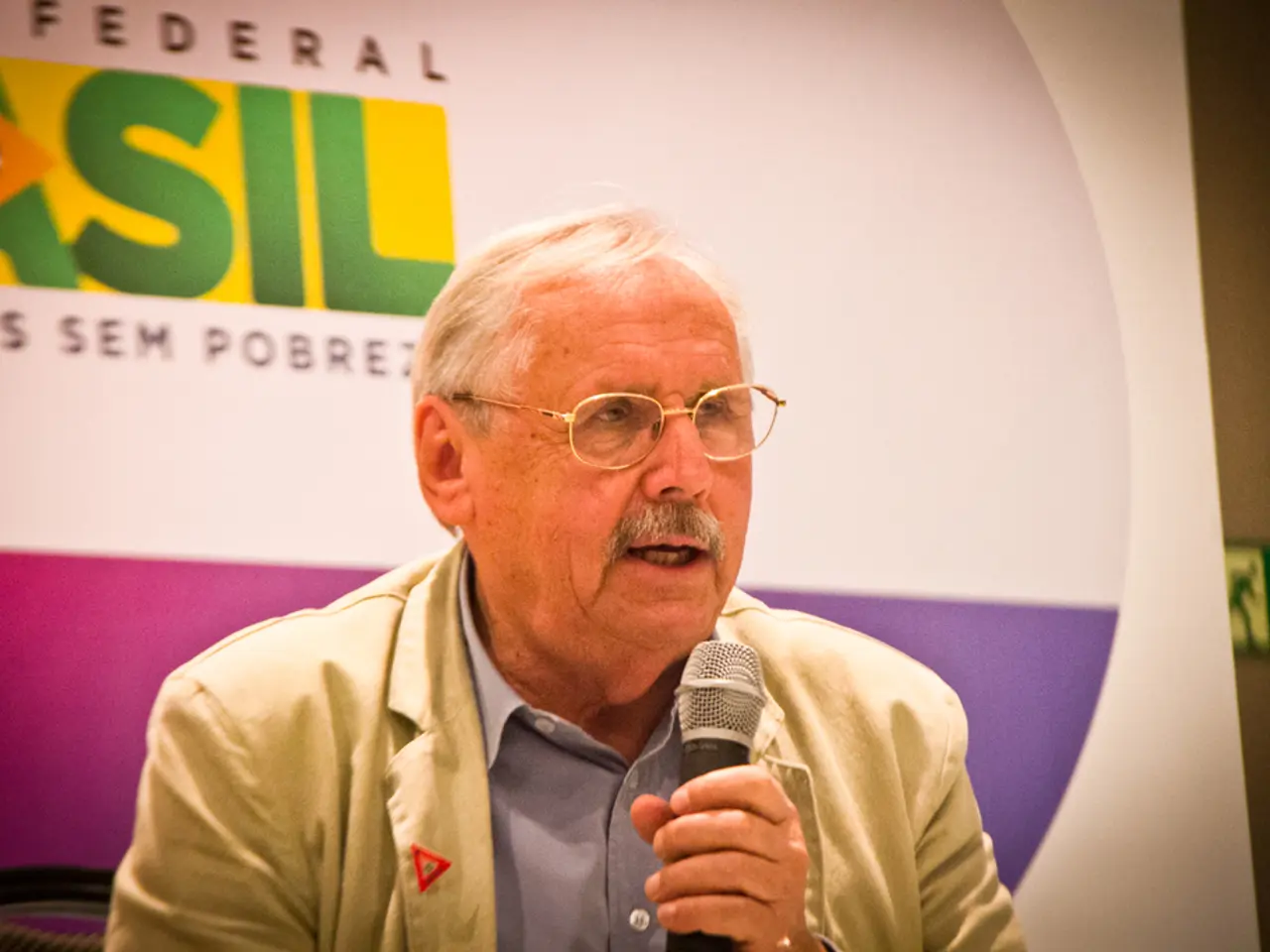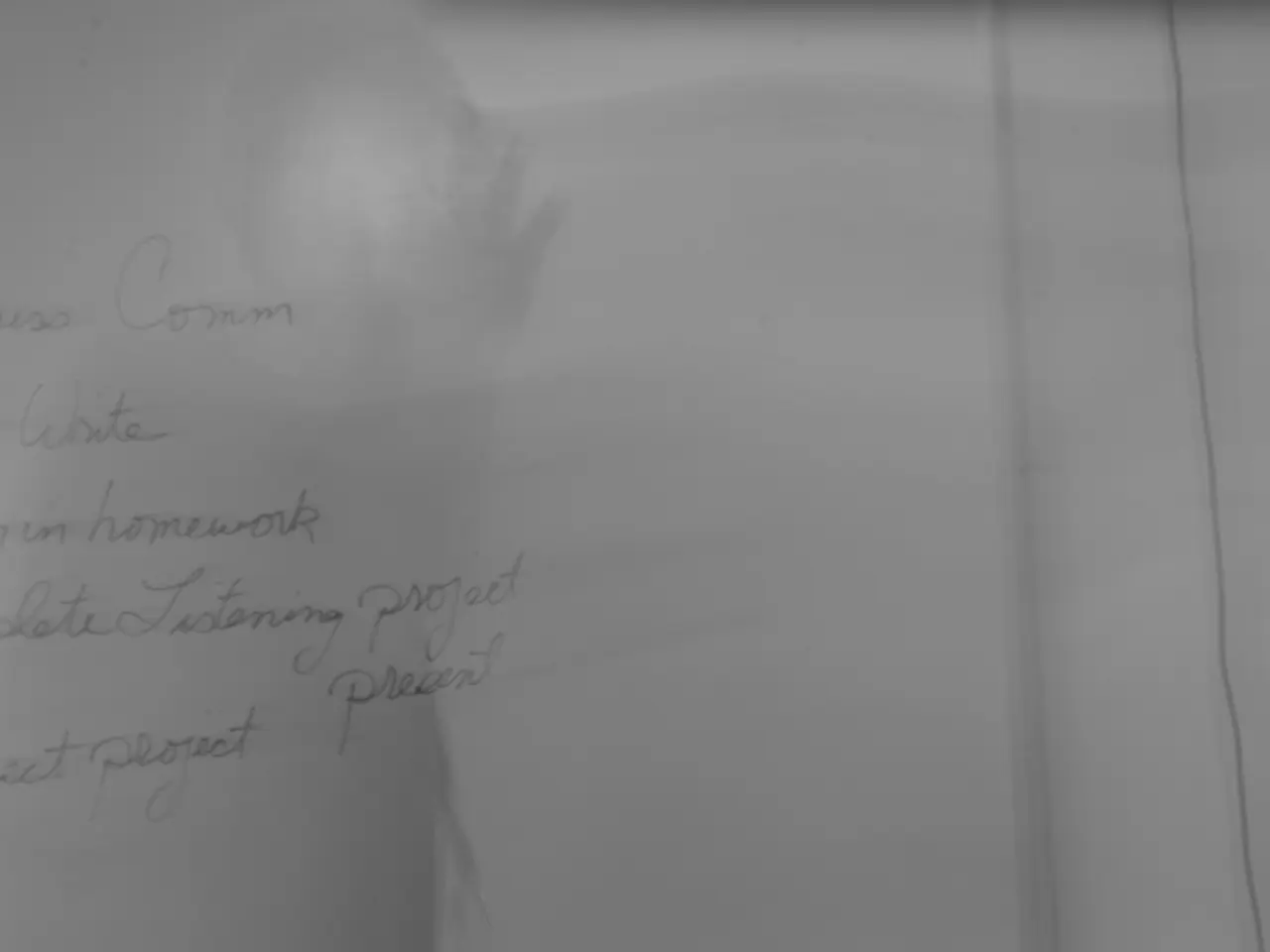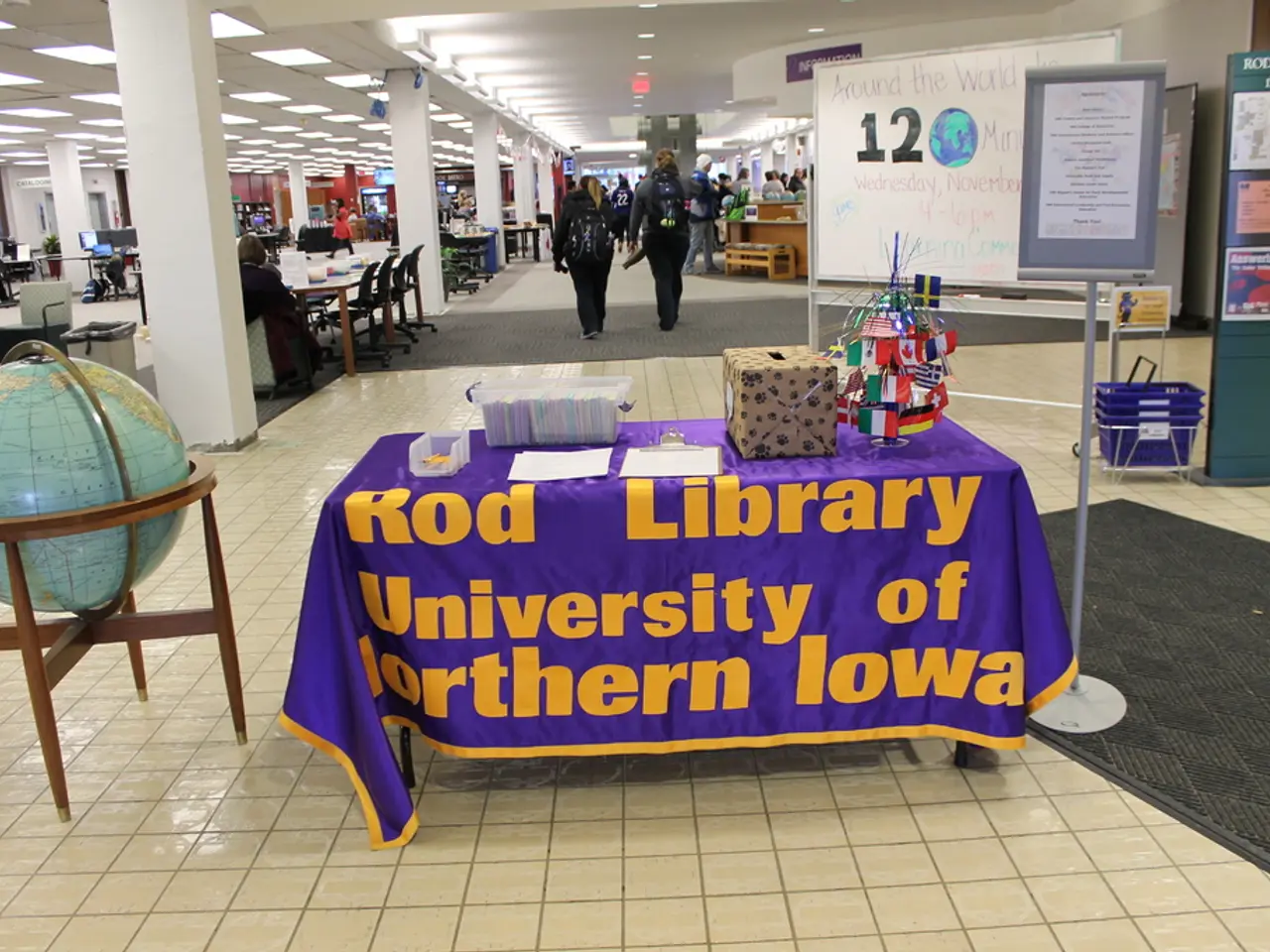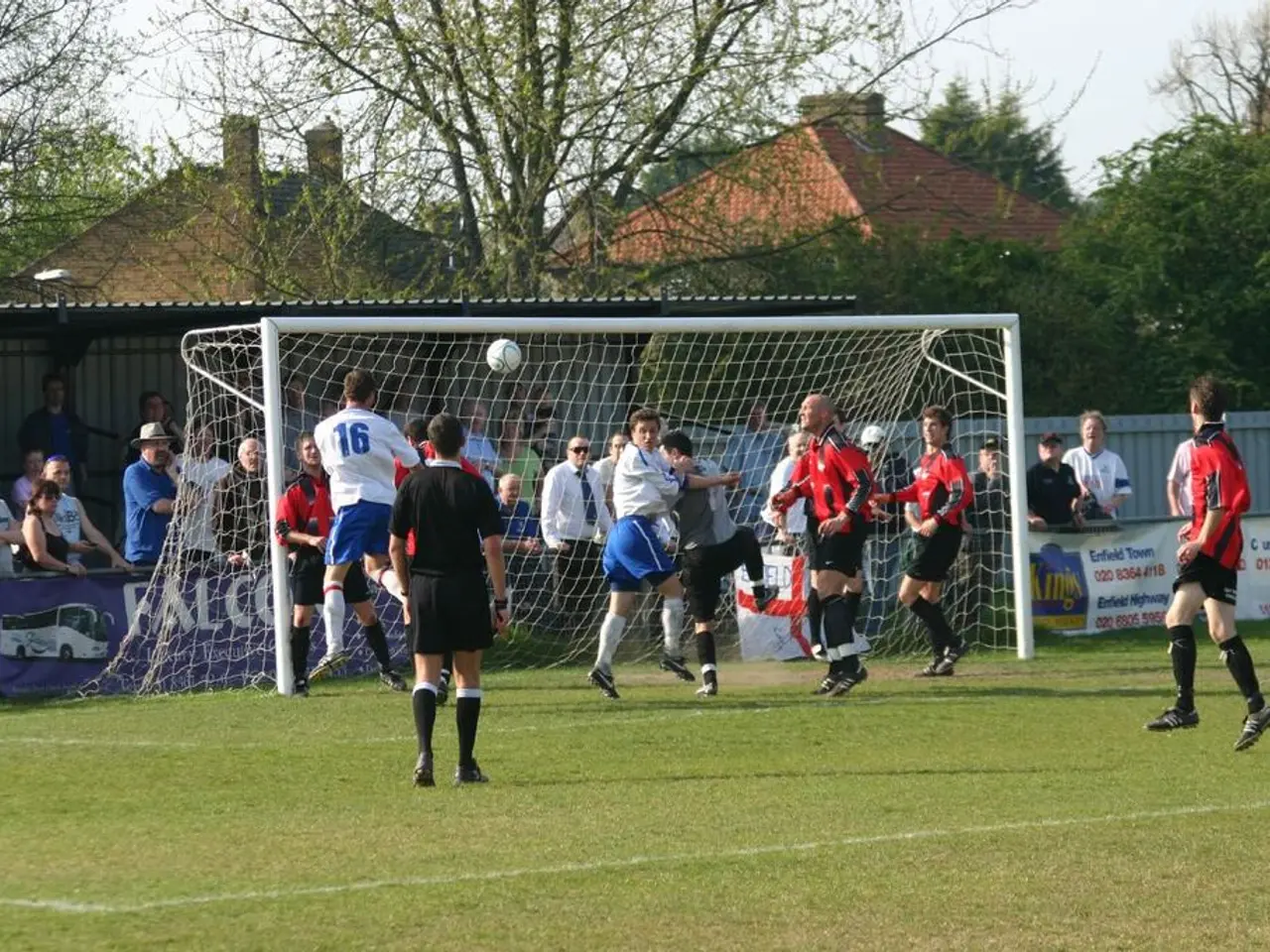Boy from the village leads as the one-year-old in charge of the 'proper traffic signal' system. - Village Boy Ahead as "Good Light" Leader for Another Year
In the world of German politics, the term "traffic light" coalition refers to a government formed by the Social Democratic Party (SPD), the Free Democratic Party (FDP), and The Greens. In Rhineland-Palatinate, this coalition, often referred to as "the good traffic light," has been praised for its effectiveness and harmony.
Established in 2016, the coalition has been led by Malu Dreyer, who has been commended for her pragmatic and steady governance. Over the years, the coalition has delivered a series of policy successes, balancing economic growth with environmental protection, advancing renewable energy initiatives, investing in education and infrastructure, and managing the COVID-19 crisis with relative efficiency.
The coalition's political stability is another notable achievement. Unlike some other states where traffic light coalitions faced internal struggles, Rhineland-Palatinate's coalition has generally maintained cohesion and strong public approval. This was evident in the most recent elections, where the coalition parties maintained significant shares of the vote, signaling continued voter support.
However, the coalition's future is not without challenges. Current polls suggest a waning support for the FDP, casting doubt on the continuation of the traffic light coalition next year. Meanwhile, Alexander Schweitzer, the new Minister-President who succeeded Malu Dreyer in July 2024, is facing pressure to bring the SPD ahead of the CDU.
Schweitzer, often referred to as "the village boy," has been elected with over 95% support at the party conference. In his first year, he has traveled approximately 95,000 kilometers and attended around 1,500 appointments. A key focus for Schweitzer has been unity behind the scenes and less public dispute within the federal SPD and the new black-red coalition.
The municipalities in Rhineland-Palatinate continue to be among the most heavily indebted in Germany. Schweitzer is advocating for strong financial support and specific expectations from the federal government to alleviate this burden. The climate protection law and the hunting law are significant tests that Schweitzer's administration has navigated successfully, with the latter passing through parliament after agreed changes by the three governing factions.
The CDU, led by Gordon Schnieder, is monitoring the actions of the Minister-President closely. While Schnieder has signaled a willingness for cooperation, emphasizing the importance of authority, mutual respect, and proper interaction, he has also criticized Schweitzer for prioritizing his own power over the country's needs.
As Schweitzer's first year as head of government comes to a close, the traffic light coalition in Rhineland-Palatinate continues to stand, offering a model of how a diverse ideological alliance can work well, delivering steady leadership, progressive policies, and political stability.
- As the European Investment Bank seeks to promote community aid to less favored regions, members of the Rhineland-Palatinate traffic light coalition could advocate for infrastructure investments that support these regions.
- In the face of challenges such as the ongoing pressure to secure a majority for the traffic light coalition in upcoming elections and the need to reduce municipal debt, policy-and-legislation discussions within the Rhineland-Palatinate coalition could involve politics of regional debt relief and general news about the coalition's future.





